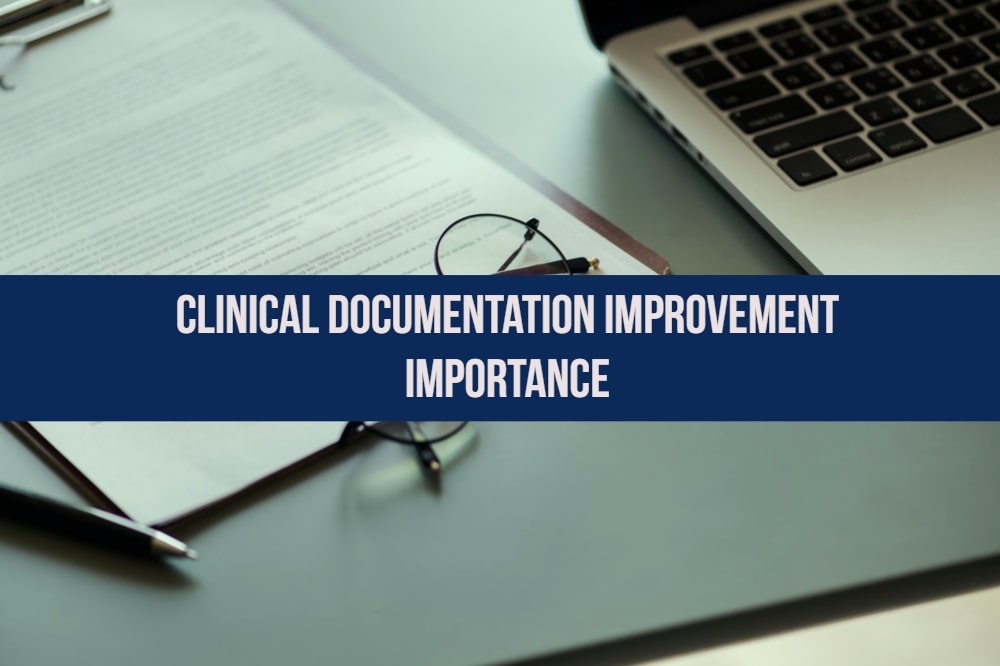According to the AMA’s health insurer report card, denial rates of claims for major private payers ranged between 0.54% and 2.64%. At the same time, denial rates for Medicare stood at close to 5%. Although the percentage does not sound like too much, given the fact that billions of dollars are claimed each year, the figures for denied claims suddenly assumes gigantic proportions. While 90% of denied claims are preventable, nearly two thirds of denials are recoverable. And yet, while CMS denies nearly 26 percent of all claims, up to 40 percent are never resubmitted. Failure to control and manage denials translates to lost revenue and impacted bottom lines for your practice.
Effective Denial Management Strategies
Denied claims not only result in delayed or lost revenue; they also use significant resources in terms of staff time spent on managing them. An effective approach to improving denial management process in your practice will ensure that you are reimbursed in full and without delay. A team based approach and using data analytics are the bedrock of effective denial management strategies. The following steps are the basis for an effective denial management strategy.
- IDENTIFY – identify and correct the issues that cause claims to be denied by insurers.
- MANAGE – classify denials by reason, source, cause and other distinguishing factors.
- MONITOR – maintain a log of denials; audit the work of employees and provide the tools, technology and resources to get the job done.
- PREVENT – engage patients, referring physicians and others to effectively appeal and reverse unfounded denials.
Given below are some tips that will help you streamline your denial management process.
Why were the claims denied?
The first step in a successful denial management process is to identify the reason for the denial. Normally, when adjudicated claims are returned unpaid, the insurer will indicate the reason on the accompanying explanation of payment. According to data from 2017, patient registration and eligibility was the reason behind the largest percentage of denials (24.8%). It is important to remember that patients generally are not knowledgeable with regards to the insurance denial system. It is the job of your front office staff to bring the importance of accurate documentation and insurance details to their attention.
Identify patterns and trends in the denials
Are the denials due to similar reasons? Is there a pattern in the type of errors that lead to the claims denial? If the answer is yes, then they are the key areas that need to be corrected.
Organize the denial management process
The moment a denial is identified, the denial management process should kick into place. This involves the following steps.
- Directly route denials into the work list of the concerned individual. For example, a coding error has to be sent directly to the coder.
- Sort the denial work list assignments by reason, time and dollar amount.
- Create a standard workflow for each key type of denial and develop a denial management guide for your employees to follow.
- Remember, don’t delay, avoid automatic re-billing, and build your case
Correct and re-submit denied claims within a week
Follow the denial management guide you have developed, review the insurer’s associated communication about the denial, and check your internal documentation. Call the patient if required. Remember, most insurers impose time limits on resubmitting claims; non-payment due to a delayed submission is the last thing you would want.
Outsource your denial management process
Denial management is an ongoing task for all healthcare facilities and it consumes staff time resources. Outsourcing your denial management process to a revenue cycle management company can help you reduce your denied claims. MedConverge offers systems and reporting mechanisms that are tailor made for each individual client. We bring you the complete spectrum of revenue cycle management to improve your bottom line.
At MedConverge, we collaborate with you to reduce your denials and underpayments; manage your claims and remittances, improve patient eligibility verification and patient payment collections and reduce compliance issues and risk. Contact us to manage your daily revenue cycle and business operations more effectively.
References
- 6-Step action plan for a successful denial management solution. (2015, March 06). Retrieved December 3, 2018, from www.beckershospitalreview.com: https://www.beckershospitalreview.com/finance/6-step-action-plan-for-a-successful-denial-management-solution.html
- Clinical and Financial Partnership Reduces Denials and Write-Offs by More than $3 Million . (2018). Retrieved December 03, 2018, from www.healthcatalyst.com: https://www.healthcatalyst.com/success_stories/4-key-strategies-to-effective-claims-denial-management
- Gooch, K. (2018, October 01). 3 claim denial prevention strategies. Retrieved December 03, 2018, from www.beckershospitalreview.com: https://www.beckershospitalreview.com/finance/3-denial-prevention-strategies.html
- LaPointe, J. (2017, May 11). 3 Best Practices for Hospital Claim Denials Management. Retrieved December 03, 2018, from www.revcycleintelligence.com: https://revcycleintelligence.com/news/3-best-practices-for-hospital-claim-denials-management



